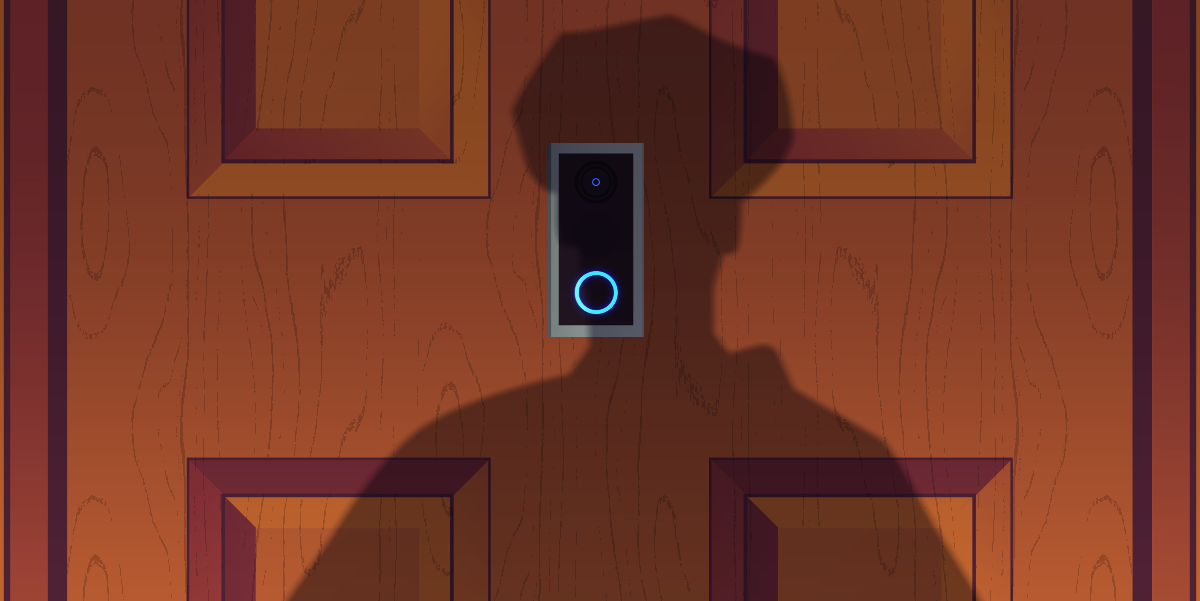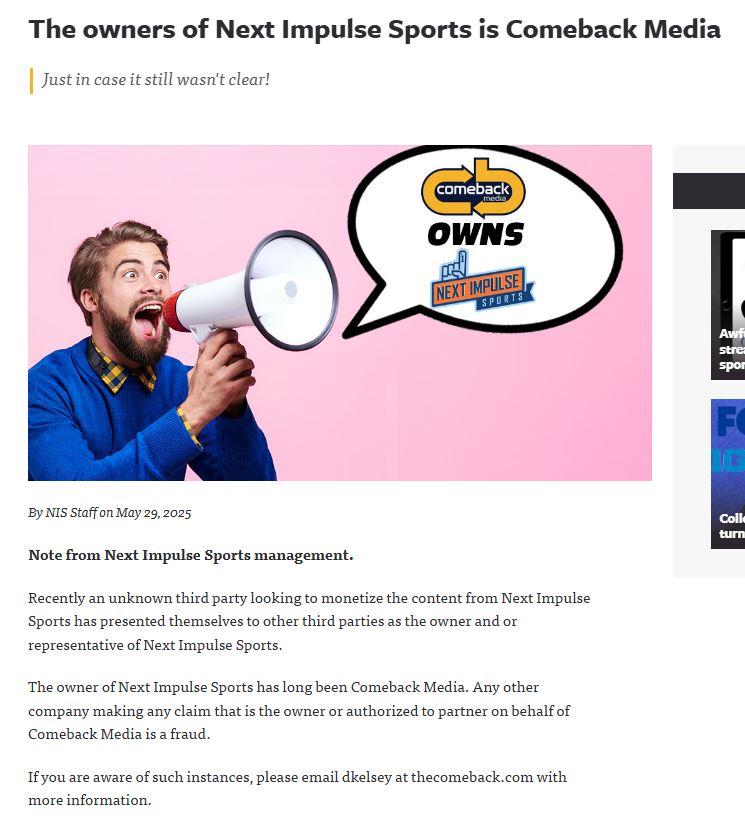Jason Brinkley on LinkedIn the other day had a comment on the common look of resumes – I disagree with his point in part but it is worth a blog post to say why:
So first, when giving advice I try to be clear about what I think are just my idiosyncratic positions vs advice that I feel is likely to generalize. So when I say, you should apply to many positions, because your probability of landing a single position is small, that is quite general advice. But here, I have personal opinions about what I want to see in a resume, but I do not really know what others want to see. Resumes, when cold applying, probably have to go through at least two layers (HR/recruiter and the hiring manager), who each will need different things.
People who have different colored resumes, or in different formats (sometimes have a sidebar) I do not remember at all. I only care about the content. So what do I want to see in your resume? (I am interviewing for mostly data scientist positions.) I want to see some type of external verification you actually know how to code. Talk is cheap, it is easy to list “I know these 20 python libraries” or “I saved our company 1 million buckaroos”.
So things I personally like seeing in a resume are:
- code on github that is not a homework assignment (it is OK if unfinished)
- technical blog posts
- your thesis! (or other papers you were first/solo author)
Very few people have these things, so if you do and you land in my stack, you are already at the like 95th percentile (if not higher) for resumes I review for jobs.
The reason having outside verification you actually know what you are doing is because people are liars. For our tech round, our first question is “write a python hello world program and execute it from the command line” – around half of the people we interview fail this test. These are all people who list they are experts in machine learning, large language models, years of experience in python, etc.
My resume is excessive, but I try to practice what I preach (HTML version, PDF version)
I added some color, but have had recruiters ask me to take it off the resume before. So how many people actually click all those links when I apply to positions? Probably few if any – but that is personally what I want to see.
There are really only two pieces of advice I have seen repeatedly about resumes that I think are reasonable, but it is advice not a hard rule:
- I have had recruiters ask for specific libraries/technologies at the top of the resume
- Many people want to hear about results for project experience, not “I used library X”
So while I dislike the glut of people listing 20 libraries, I understand it from the point of a recruiter – they have no clue, so are just trying to match the tech skills as best they can. (The matching at this stage I feel may be worse than random, in that liars are incentivized, hence my insistence on showing actual skills in some capacity.) It is infuriating when you have a recruiter not understand some idiosyncratic piece of tech is totally exchangeable with what you did, or that it is trivial to learn on the job given your prior experience, but that is not going to go away anytime soon.
I’d note at Gainwell we have no ATS or HR filtering like this (the only filtering is for geographic location and citizenship status). I actually would rather see technical blog posts or personal github code than saying “I saved the company 1 million dollars” in many circumstances, as that is just as likely to be embellished as the technical skills. Less technical hiring managers though it is probably a good idea to translate technical specs to more plain business implications though.
.png)




